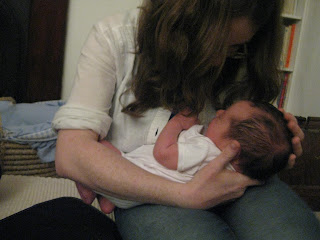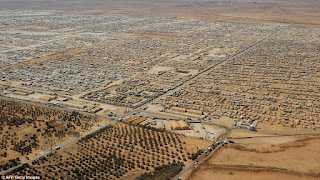Musing about modernity
If most people had never heard of the concept of ‘love’, they would not have fallen into it. This suggests that love is a function of language, one of the long surviving expectations of society that has survived beyond the trap doors of time and perceived ‘modernity’. I read in a book I love, despite its perverse subject matter and persuasions, that Israeli humanists straight from the leftist dens of Berlin saw themselves as justified when establishing a Zionist state in Palestine simply because they were more modern than the Palestinians- who, so they had it, could not be waited for, who they had no time to humour, who would have to be sacrificed by the machine of time.
I found that a very interesting suggestion, something, no doubt that lives on in Western attitudes towards the Middle East in particular, and ‘the other’ more generally. Doubled with this, of course, there is also the attraction of the purity of an unmangled culture, which somehow possesses an irreducible moral and situational epiphany- a yearning for what life was without all that is artificial in one’s own ‘modernity’. A desire to turn back this time which is, so the assumption goes, so linear.
I find it an even more compelling argument because I realize that there is an incredible bias in modern, ‘Western’ culture towards that which is ‘future orientated’ and a leering distrust of all that is old. There is a tendency, which I am a prime example of, to assume that the happiness of my grandmother is somehow artificial and incomplete- which, when it stops being the liberating prospect I suppose it is clothed in school books as- i.e. we are on a path to now.. and now is you… so mould it as you like and do not accept any received knowledge without rereading and questioning it…, is itself a blanketing and surprisingly illiberal suggestion. The idea that nothing can be salvaged from the past except moral superiority and self congratulation is actually incredibly isolating, not to say reductionist and simplistic. The idea that I cannot feel as one who came before me felt by virtue of my ‘modernity’, actually limits my choices and horizons. I am speaking simplistically, perhaps.
I do not mean to propose that Western culture considers all experiences unique to modernity. No, but it considers the best and most pressing so- because there is always this teleological force leading us deeper into it, our secret police, our dynamite, our indoctrination, perhaps. So, my English grandmother didn’t see the world as hers when she first fell in love, for example, because, typically, a woman of her station would see nothing as hers, let alone a corner of a bedroom, one of the rollers in her hair, a word she spoke. This, possibly is because of my mother (her daughter’s) recantation of it, rather than any of its own reality- which of course is lost, since its either a memory (and we all know how unreliable they are) or has been forgotten.
But in the Middle East, there really is a continuum of memory and experience. I am not about to argue that this is because Middle Eastern culture is purer or truer to what Western culture ‘should’ ‘could’ or ‘would’ be. However, comparison can often be used as a tool to enlighten and analyse. Thus, a girl sitting on a balcony looking over a city, regardless of whether that city had been built during the last 60 years or whether its very stones had stood there for thousands, relates her feelings directly to what her mother, her grandmother, her grandmother’s mother felt before her. They may wear very different clothes, certainly eat very different foods, but somehow, the relationship with the past is not so wrought with the great expanses of isolating distance that ours is. Situations might be different, but there is an underlying emotional continuum. Which can feed reactive, essentialist tendencies, but can also enlighten us in our own anemic conception of time.


Comments
Post a Comment